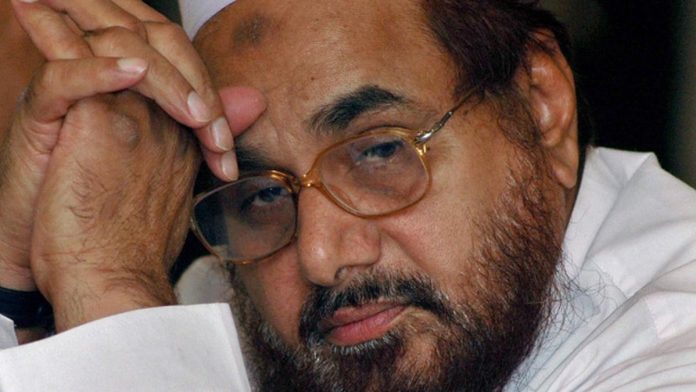
On May 13, 2025, the Indian Army launched Operation Keller, a precision counter-terrorism mission in Shoekal Keller, Shopian, Jammu and Kashmir, neutralizing three Lashkar-e-Taiba (LeT) terrorists, including Shahid Kuttay, a key orchestrator of the April 22 Pahalgam attack. Led by the Rashtriya Rifles, the operation bolstered security for local residents, military supporters, and national leaders, earning widespread praise online and from figures like Amit Shah.
Conducted in the early hours, it followed a May 10 ceasefire with Pakistan amid heightened tensions post-Operation Sindoor. The Shukroo forest in Shopian, a militant hotspot, was the focal point, with ongoing searches ensuring regional safety. Using specific intelligence, security forces cordoned the area, engaging in a fierce firefight triggered by terrorist gunfire, showcasing tactical expertise.
In This Article:
Strategic Context and Execution
Operation Keller responded to credible intelligence about LeT operatives, including Kuttay, a Category-A terrorist active since March 2023, linked to attacks like the April 2024 Danish Resort shooting. The joint effort by the Army, Jammu and Kashmir Police, and CRPF involved a meticulous search-and-destroy mission. As terrorists opened fire, the forces neutralized all three in a prolonged gun battle, with no reported civilian or military casualties, The operation, still active as of May 13, aimed to dismantle terror networks in Shopian, a region with a history of insurgency, as seen in a 2019 Yarwan forest encounter. Its success followed Operation Sindoor’s May 7 airstrikes on PoK terror camps, reflecting India’s zero-tolerance policy.
Impact and Public Sentiment
The elimination of Kuttay, a TRF-LeT proxy leader, was a significant blow to Pakistan-backed terrorism, as noted by Swarajya. Locals, long plagued by militancy, welcomed the operation, with social media reflecting pride in the Army’s resolve. Posts analyzed online hailed it as a “surgical strike,” though some expressed concerns about potential retaliatory attacks. The operation’s timing, post-Pahalgam’s 26 civilian deaths, underscored its urgency. Jammu and Kashmir Police’s ₹20 lakh reward posters for Pakistani terrorists further intensified efforts, per Republic World. Critics, however, noted risks of escalating regional tensions, given Pakistan’s May 8 shelling that killed 13 in Poonch.
Future Implications
Operation Keller reaffirms India’s commitment to eradicating terrorism, as PM Narendra Modi emphasized in his May 12 address praising Operation Sindoor. With ongoing combing operations in Shopian and Pulwama, and mobile internet possibly suspended, the Army aims to prevent militant regrouping. The identification of two terrorists, with the third pending, signals robust follow-up investigations, per India TV. Amid fragile India-Pakistan ties, the operation strengthens national security narratives, though sustaining peace requires addressing local grievances and cross-border dynamics. Keller’s success, built on intelligence and precision, sets a precedent for future counter-terrorism efforts, cementing Shopian’s path toward stability.
-By Manoj H



